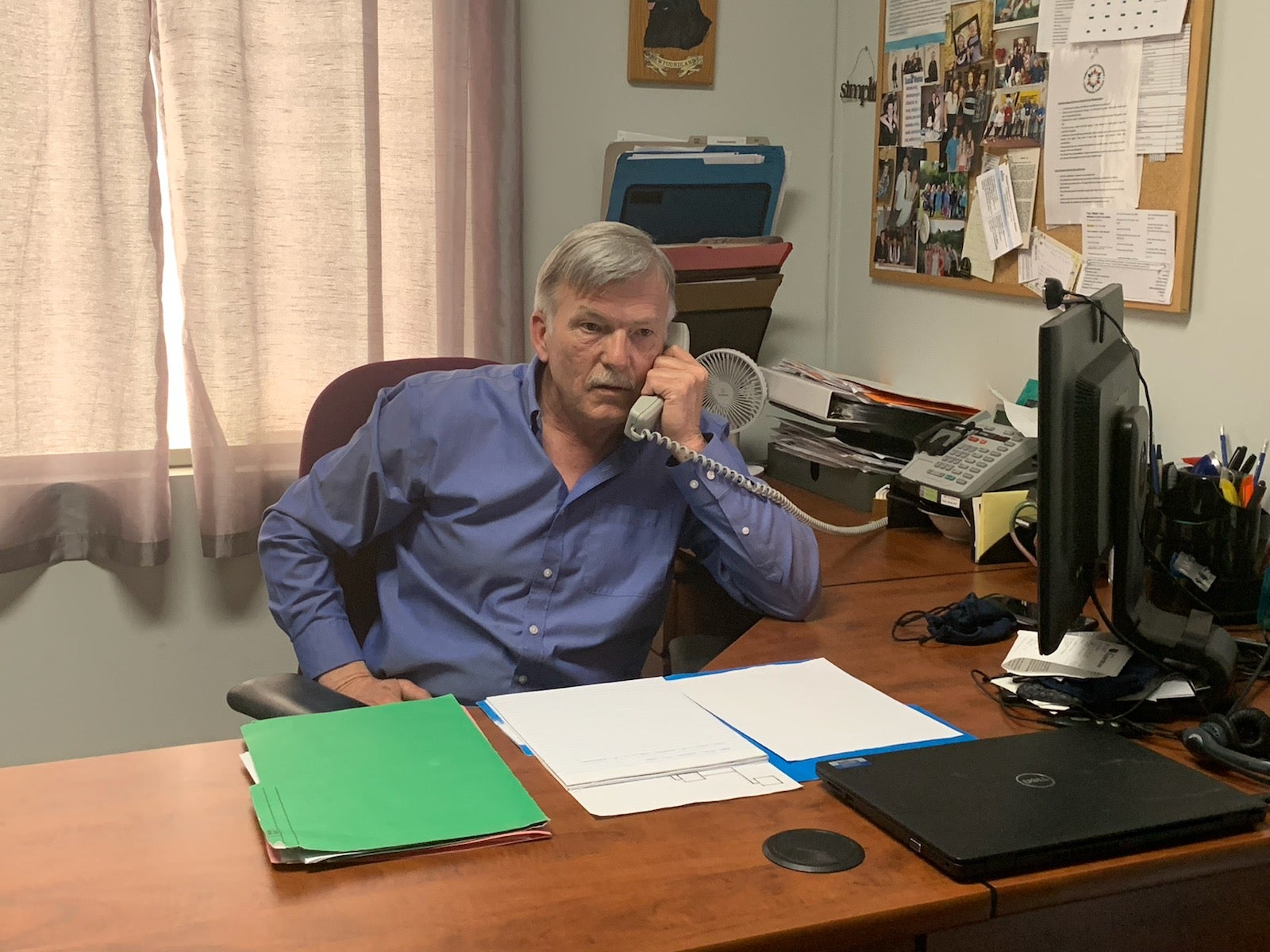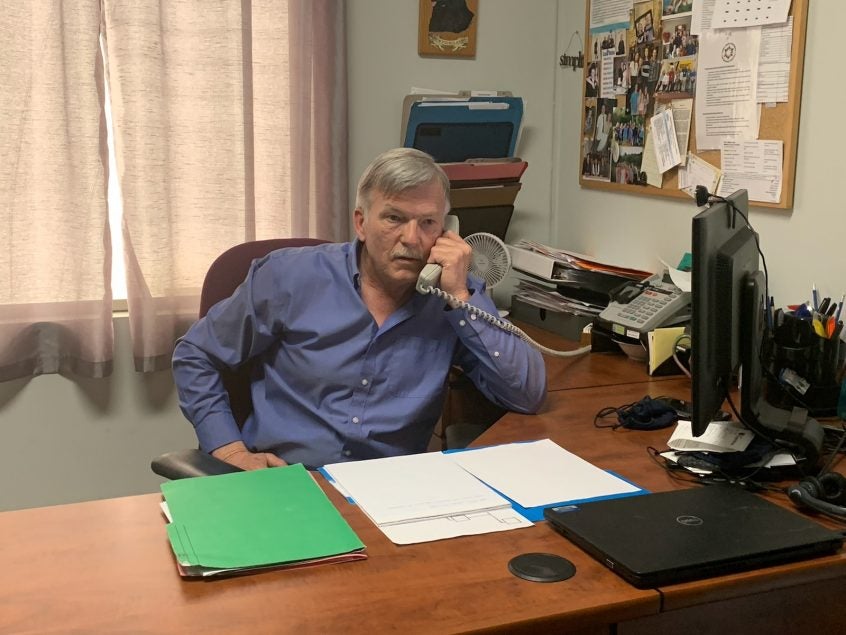
Steve Drost, Child protection worker and President of CUPE Local 1418
Fredericton – Today, CUPE Local 1418 held a press conference to inform the public that contract talks with the NB government have reached an impasse.
The local represents over 1100 front-line professionals who work with the most vulnerable members of our society. The union local represents Human Resource Development Officers, Social Workers, Housing Program Officers, Probation Officers, Correctional Program Officers, Human Rights Officers and more.
“There has been too little progress in bargaining talks since the collective agreement expired in August 2017. Despite the added COVID-19 related workload burdens, the government still refuses to negotiate a timely and fair deal,” said Steve Drost, president of CUPE Local 1418. “They left workers with no choice, a deadlock declaration had to be filed,” he added.
With the pandemic, CUPE 1418’s members who work daily with children, families and seniors saw their workload increase dramatically. Many workers were themselves redeployed in private long-term care facilities where the virus was present.
During the conference, Steve Drost raised the alarm on the recruitment and retention crisis in the public sector. “We are critically understaffed. Our members are under resourced and have not had a fair wage increase in over 12 years,” said Drost. “Like too many other New Brunswickers, we have fallen way behind the cost of living and this has to stop,” he added.
CUPE Local 1418 notes that its members are exhausted emotionally and physically, burning out and too many are leaving the public sector. “Blaine Higgs’s public sector wage freeze will aggravate the crisis. We are still in disbelief, to see that other PC MLAs have not pushed back against this insulting “thank you” to those who put their lives on the line for our communities,” he added.
“Higgs has a responsibility to fix this and back down from his austerity plan. Our provincial social safety net is already in tatters; it’s time to mend it,” said Drost.
The union hopes government will agree to settle the dispute through binding arbitration a third-party resolution mechanism inscribed in section 72 of the Public Service Labour Relations Act. After a deadlock has been declared, the Government can still do the following:
- a) Abandon the wage freeze mandate and return to the bargaining table with a fair deal for workers;
- b) Settle the dispute through binding arbitration; or
- c) Refuse option a) and b) to force the workers in an unnecessary lockout/strike scenario.

